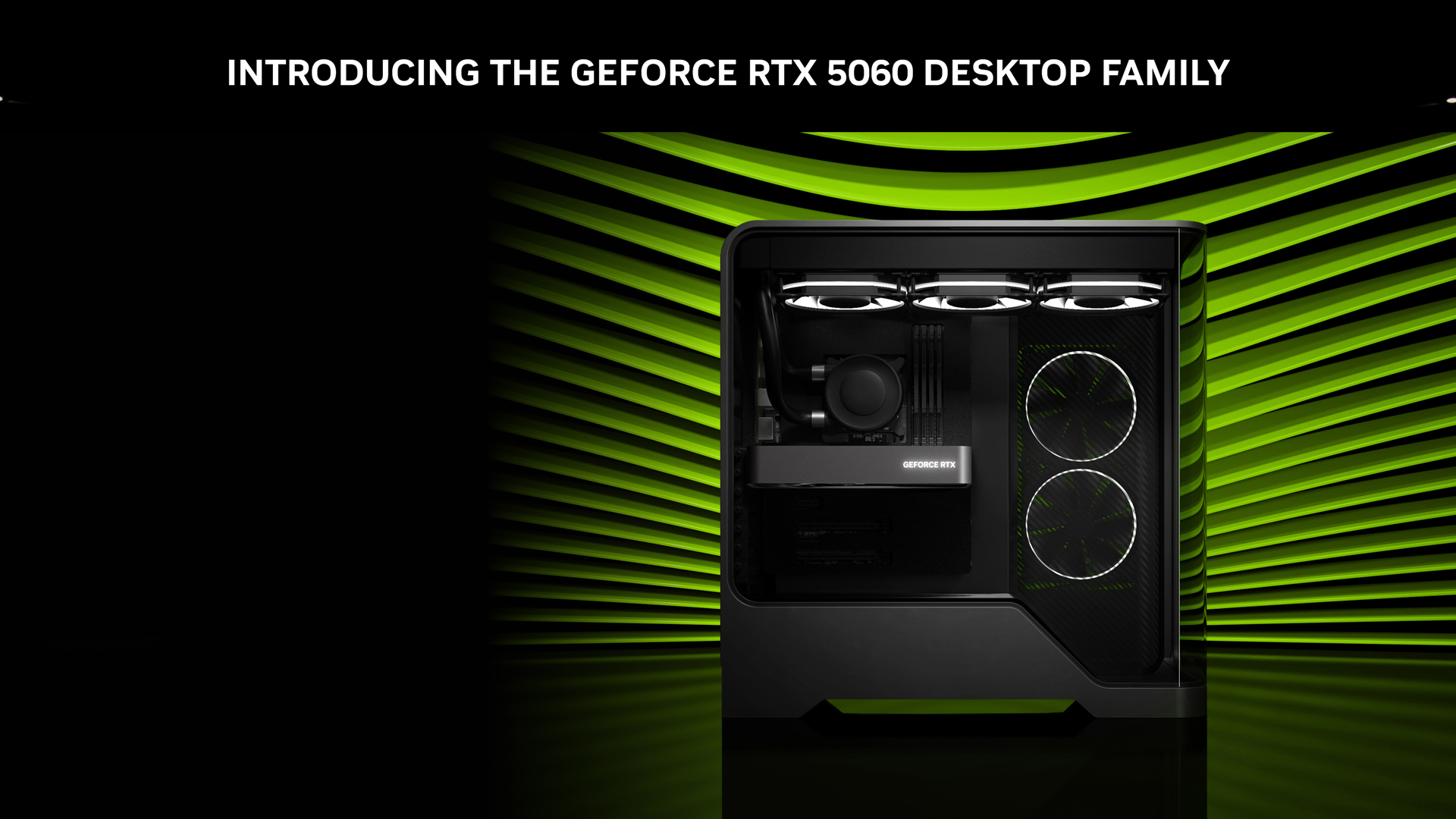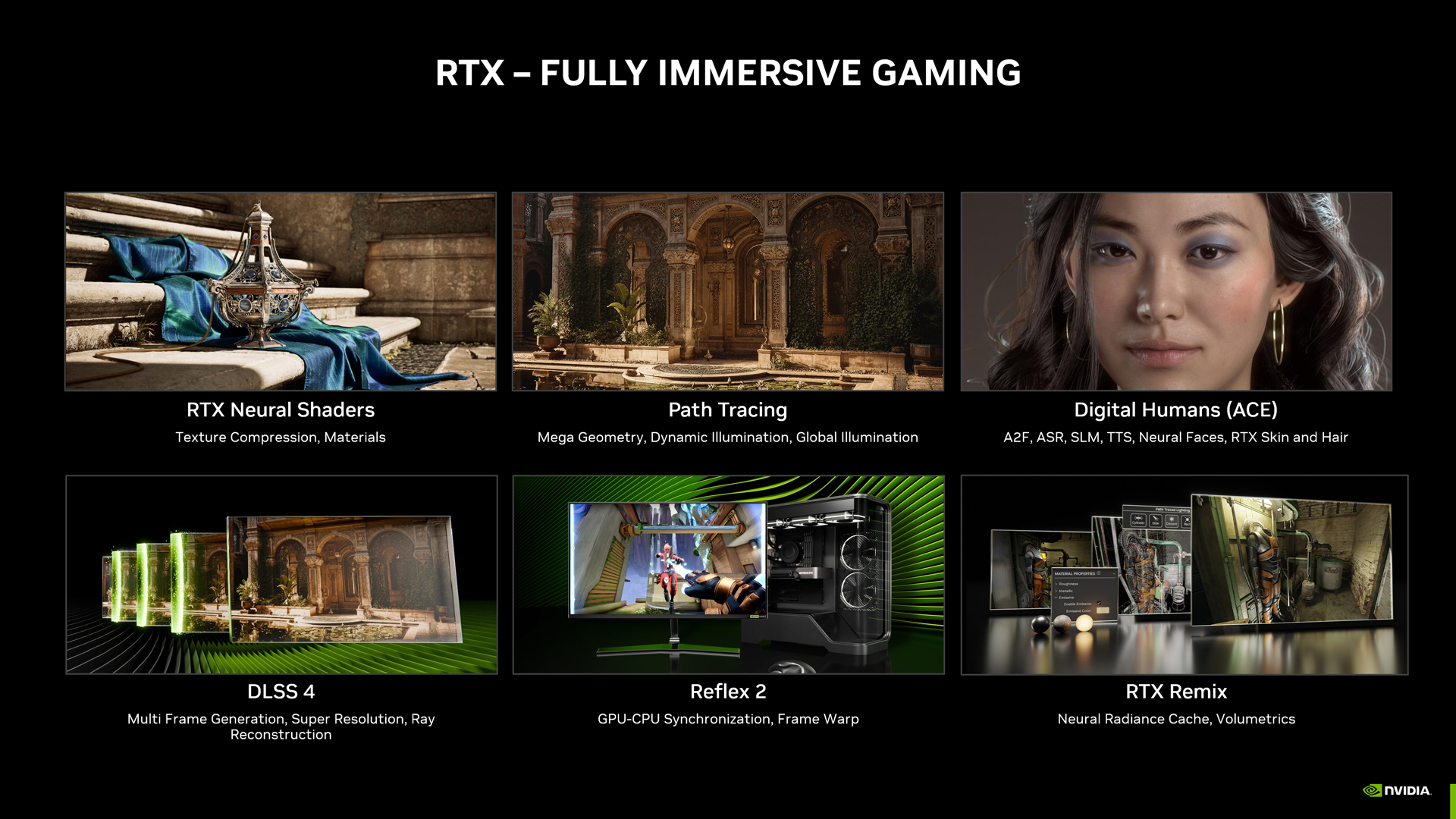Here are the latest updates on Nvidia’s Blackwell mid-range offering: RTX 5060 Ti Specs, Price, Release Date, and More.

Nvidia has finally unveiled its Blackwell mainstream GPU offerings. The RTX 5060 Ti comes in two flavors, with 8 and 16 GB. These will be available on April 16th. These new, Blackwell-based graphics cards will likely offer better raster and ray-tracing performance. At the given MSRP, it looks affordable. The memory configuration is identical to the 4060 Ti. Except this time, the memory bandwidth is much faster, meaning better 1440p gaming performance, added to AI and Video Editing workload. Let’s dive into the specifications, release dates, and pricing to understand what these new GPUs can offer.
RTX 5060 Ti Price and Specifications

Nvidia has announced variations of the RTX 5060 Ti and has priced them at $429 for the 16GB and $379 for the 8GB model. The 5060 Ti will be available from all major GPU manufacturers in stock and overclocked configurations. Some of them include: ASUS, Colorful, Gainward, GALAX, GIGABYTE, INNO3D, MSI, PNY, ZOTAC, and more.
Specifications Table
These specifications are based on the latest information available as of April 15, 2025.
| Features | RTX 5060 Ti |
| GPU | GB206 |
| Architecture | Blackwell |
| CUDA Cores | 4,608 |
| Boost Clock | 2572 MHz |
| Memory | 8GB/16GB GDDR7 |
| Memory Bus | 128-bit |
| Memory Speed | 28 Gbps |
| Memory Bandwidth | 448 GB/s |
| TDP | 180W |
| Power Connector | TBC |
| Manufacturing Process | 4nm |
DLSS 4 and Neural Rendering

The Blackwell series’ most important marketing points include DLSS 4 and MFG (Multi-Frame-Generation), and Neural Rendering via RTX Kit. DLSS 4 features a transformer-based AI upscaling model trained on high-resolution game captures. This improves image quality, motion clarity, and the production of more accurate reflections, especially during fast motion.
DLSS 4 also lowers VRAM usage when utilizing FG (Frame Generation) or MFG. It also does a better job of reconstructing the image and is more temporally stable than the CNN model. Nvidia suggests that MFG boosts performance significantly while lowering latency (with Reflex), making gameplay smoother and more responsive.
Professionals seeking the best image clarity and quality may find Neural Rendering compelling. The Nvidia RTX kit, which utilizes this new technique, gives developers access to AI-based rendering techniques. The kit enables AI-accelerated ray tracing, ultra-detailed scene rendering, and photorealistic character creation, all powered by neural networks. The RTX kit is available in the NVIDIA RTX/RTXKit GitHub repository.
Conclusion
While the prices look really good, as usual, the upgrades from pen and paper look merely. The 5060 Ti would be an interesting product, especially the 16GB version. They have upped the RT, core counts, and faster memory bandwidth, and it might be an affordable mid-range 1440p sweet spot type GPU. Ultimately, waiting to see the performance figures before pulling the trigger on a GPU choice is a good idea.
Looking For More Related to Tech?
We provide the latest news and “How To’s” for Tech content. Meanwhile, you can check out the following articles related to PC GPUs, CPU and GPU comparisons, mobile phones, and more:
- 5 Best Air Coolers for CPUs in 2025
- ASUS TUF Gaming F16 Release Date, Specifications, Price, and More
- iPhone 16e vs iPhone SE (3rd Gen): Which One To Buy in 2025?
- Powerbeats Pro 2 vs AirPods Pro 2: Which One To Get in 2025
- RTX 5070 Ti vs. RTX 4070 Super: Specs, Price and More Compared
- Windows 11: How To Disable Lock Screen Widgets
 Reddit
Reddit
 Email
Email


